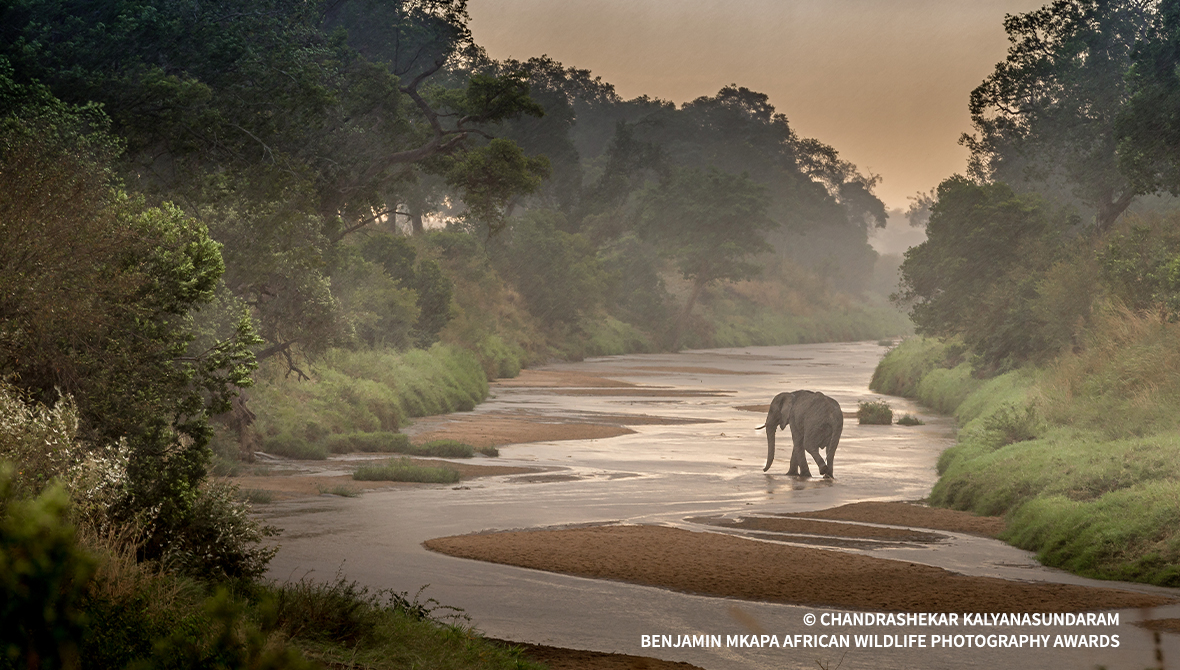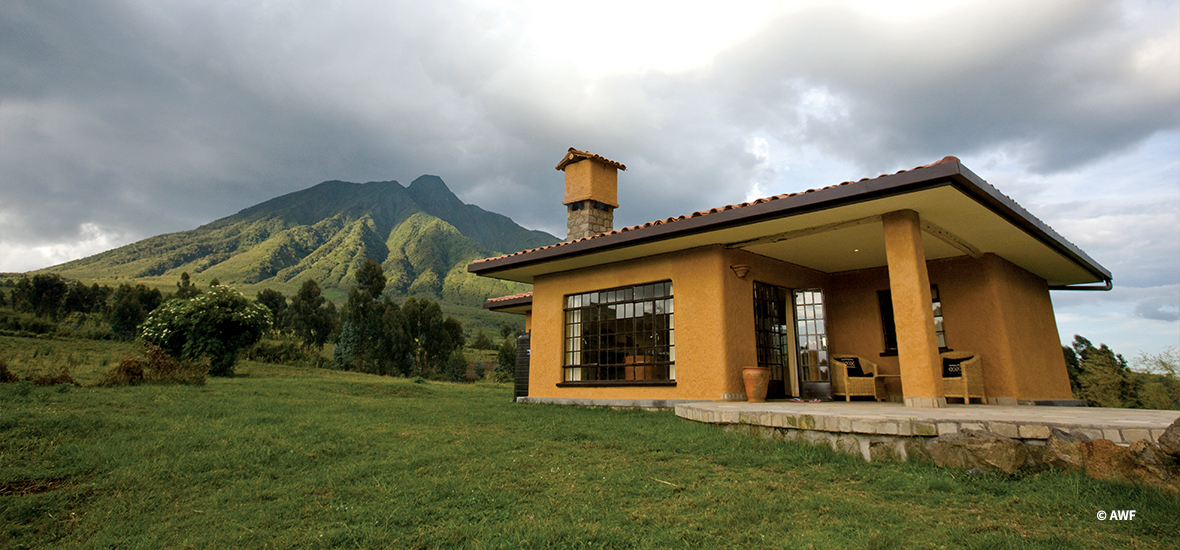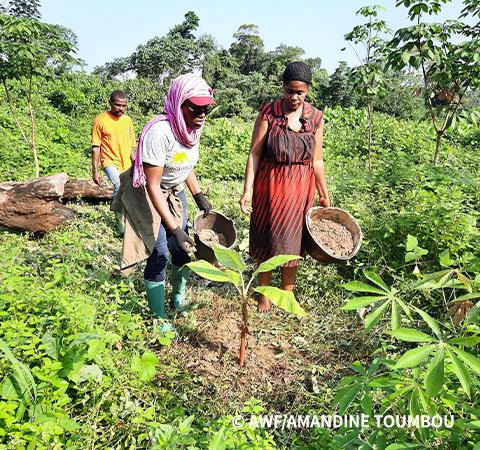International Day of Biodiversity: How AWF Fuels Biodiversity Conservation in Africa

Africa, a vibrant tapestry of life, teems with diverse wildlife and ecosystems. This rich biodiversity is not just a source of beauty but a vital lifeline for local communities and economies. At the African Wildlife Foundation (AWF), we understand this intricate connection and champion the conservation and sustainable use of Africa’s irreplaceable biodiversity.
Economic Value of Biodiversity
Home to roughly a quarter of the world’s mammal and bird species, Africa’s biodiversity is a significant economic driver. Nature-based tourism alone contributes an estimated $29 billion annually to Africa’s economy, supporting countless jobs and livelihoods. Beyond tourism, healthy ecosystems provide essential services like clean water, fertile soil for agriculture, and climate regulation, all vital for human health and well-being.
AWF collaborates with countries like Zimbabwe to quantify nature’s contribution to their economies. The first-ever Zimbabwe Biodiversity Economic Report, released in 2023, revealed a 10% GDP contribution from biodiversity. This groundbreaking report provides a benchmark for future assessments and paves the way for sustainable business ventures that are both environmentally responsible and economically rewarding.
AWF’s conservation strategy integrates economic development with environmental sustainability. By protecting biodiversity, we ensure the long-term viability of nature-based tourism and other sustainable industries. Additionally, thriving ecosystems empower local communities by providing essential resources and fostering the development of sustainable livelihoods.
Understanding the importance of collaboration, AWF works hand-in-hand with communities, protected area authorities, and governments to achieve effective conservation. We negotiate fair land-use plans, facilitate communication between communities and park authorities, and work collaboratively to restore and manage vital wildlife habitats.

Tourism operations like Sabyinyo Lodge, pictured here, bring sustainable revenue to the community around Volcanoes National Park.
Success Stories: A Model for Conservation and Community
AWF has played a pivotal role in Rwanda's conservation success story, particularly regarding mountain gorillas and community-based conservation efforts. This work has significantly contributed to the country's economic landscape.
In 2018, AWF partnered with others to acquire 27 hectares of land to expand vital mountain gorilla habitat. Deepening this collaboration, AWF embarked on a restoration project with EcoPlanet Bamboo. Last week, this successful partnership culminated in the handover of the restored land to the Rwandan Development Board.
Rwanda's approach to conservation exemplifies a win-win scenario. The expansion of Volcanoes National Park and the focus on mountain gorilla conservation have boosted the economy through community-based conservation efforts. Eco-tourism, centered around the park and its wildlife, is a significant source of revenue.
Rwanda recognizes the importance of safeguarding its natural heritage for future generations while also contributing to the national economy. Beyond tourism, the country prioritizes conservation enterprises and green investments. These initiatives create employment opportunities, widen the tax base, and contribute to poverty reduction.

Farmers in Campo Ma'an, Cameroon, farm a mix of rubber and banana plantain. This sustainable agricultural practice is known as agroforestry.
AWF's dedication to conservation spans across Africa, where we collaborate with a diverse range of stakeholders to tackle unique challenges, enhance biodiversity, and empower local communities.
In Tanzania's Kilombero region, we work together with sugar manufacturers and rice farmers to encourage investments in forest and wetland restoration, ensuring clean water, healthy ecosystems, and a sustainable future for all.
Across the continent in Cameroon, AWF joins forces with partners to launch sustainable initiatives with cocoa and rubber producers. These projects focus on preserving vital wildlife corridors, critical for animal movement and survival. In the neighboring Democratic Republic of the Congo (DRC), AWF invests in micro-enterprises, empowering communities and reducing their dependence on the wildlife trade. This promotes a more sustainable future for both people and wildlife.
At the African Wildlife Foundation (AWF), we recognize the critical importance of biodiversity for Africa. We work alongside communities, governments, and the private sector to ensure a future where people and wildlife can thrive together. AWF strives to transform how people value and invest in nature. We believe that a healthy and thriving natural world is a vital foundation for a sustainable and prosperous Africa.
>>International Day of Biodiversity: AWF’s Pioneering Role in Rwanda’s Conservation Success